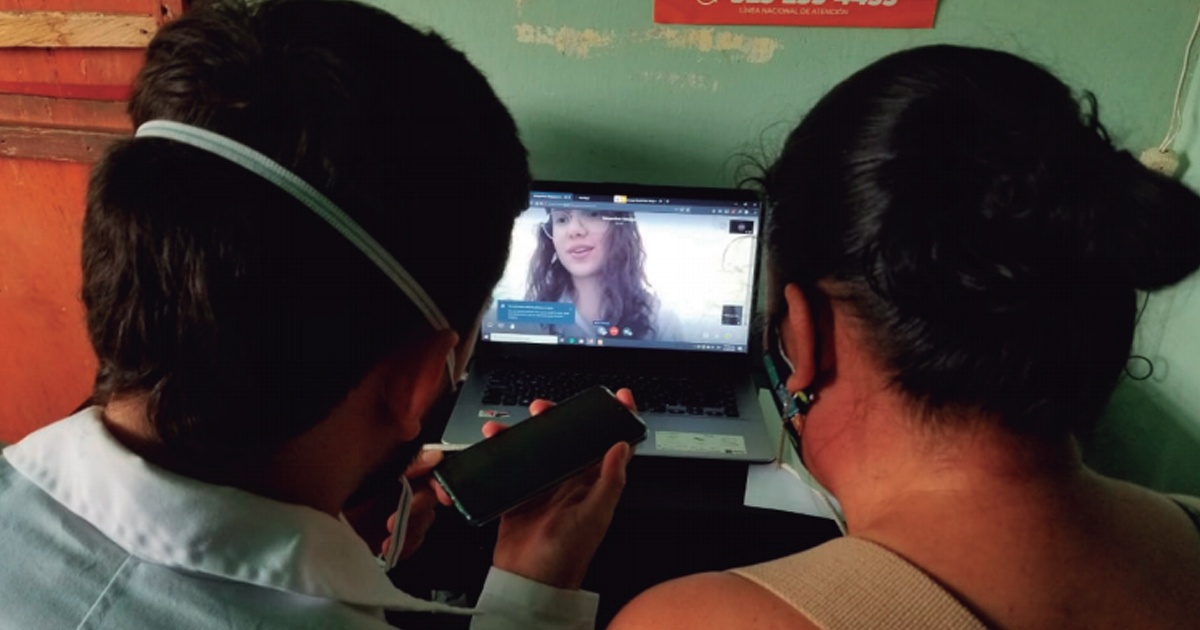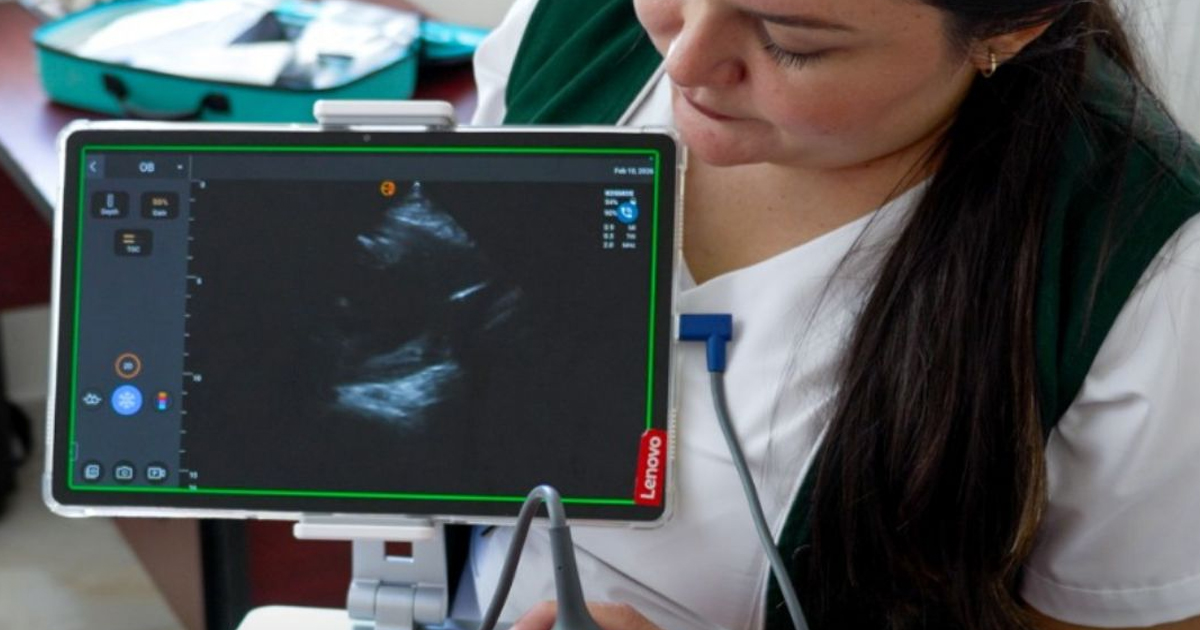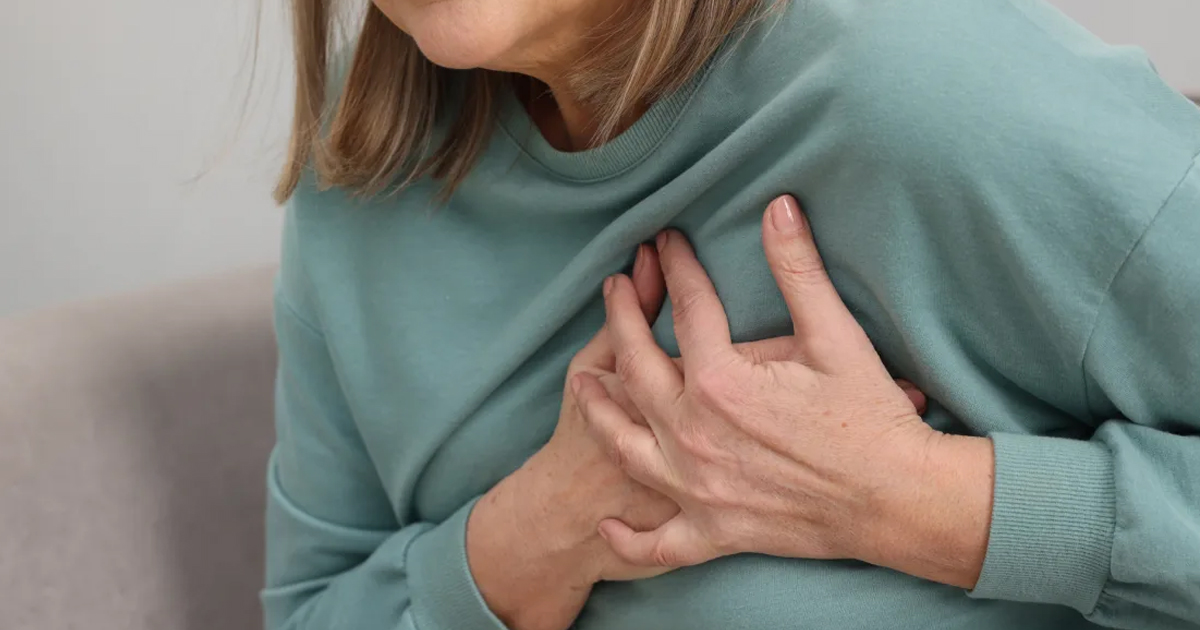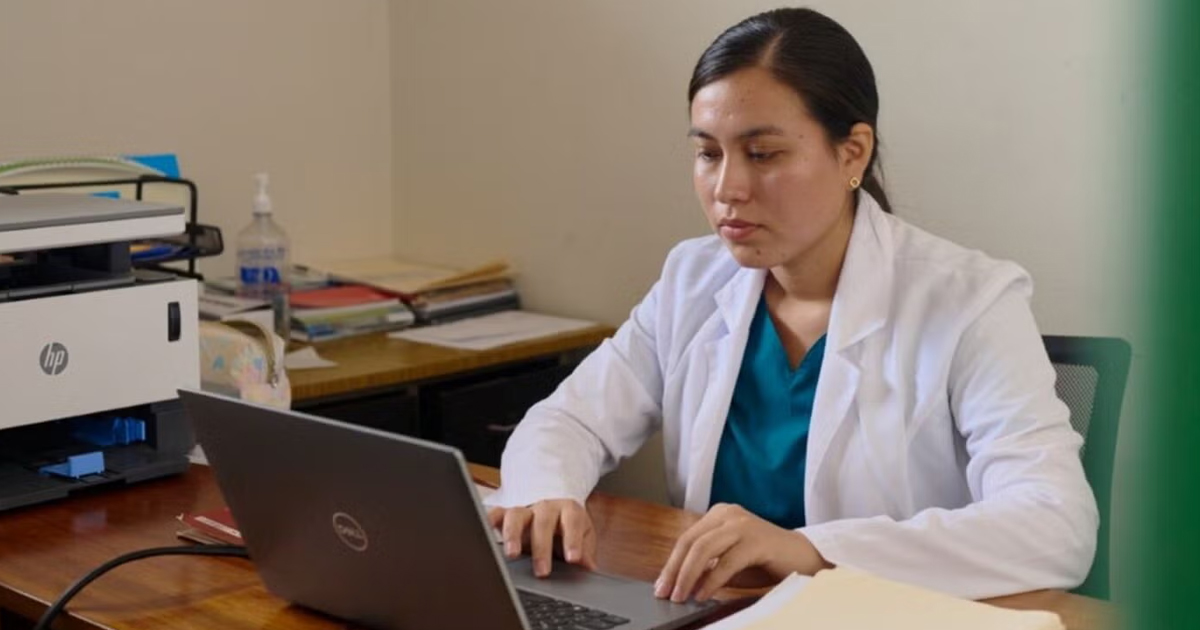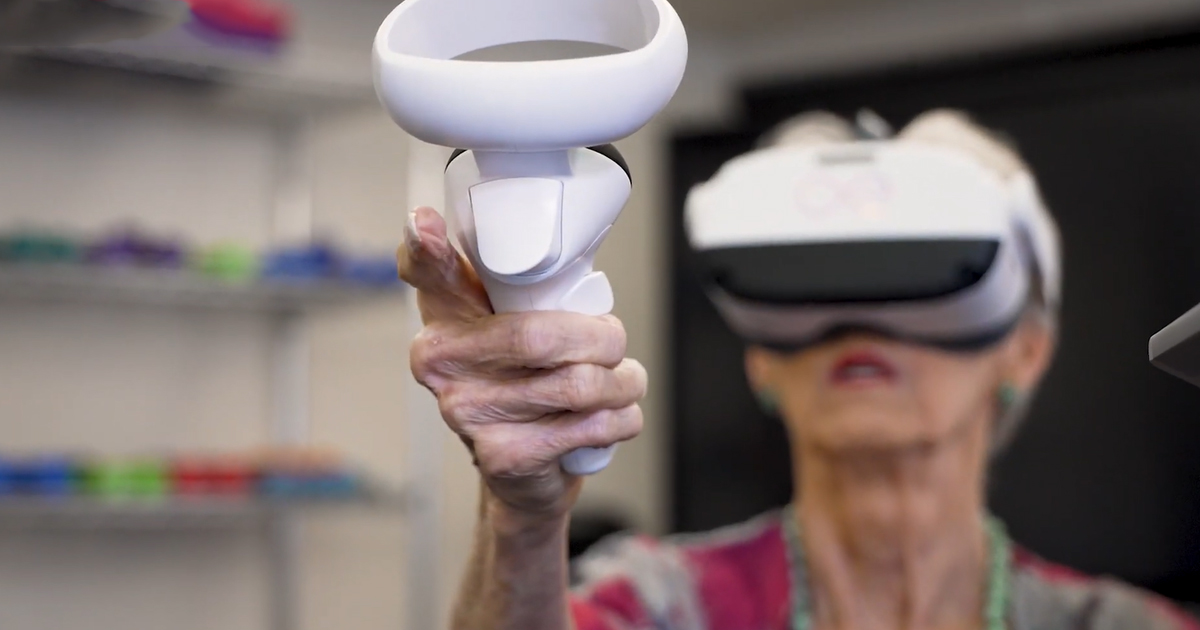Facebook removerá contenido que promueva desinformación sobre las vacunas COVID, para prevenir el flujo de noticias falsas ante el comienzo de la aplicación de la vacuna en algunos países.
Estas medidas aplicarán para Facebook e Instagram, y es que según informa la red social, desde marzo hasta la fecha han eliminado hasta 12 millones de contenidos falsos relacionados a COVID-19. Es por ello, que ante el comienzo de las campañas de vacunación este mes y a inicios de año en algunos países europeos, Facebook evitará que en su plataforma se propague información falsa sobre esto. “Dadas las noticias recientes de que las vacunas Covid-19 pronto se lanzarán en todo el mundo, en las próximas semanas también comenzaremos a eliminar las afirmaciones falsas sobre estas vacunas que han sido desacreditadas por expertos en salud pública en Facebook e Instagram”.
Los algoritmos utilizados para la eliminación de noticias no serán iguales a lo que bloquean o muestran letreros de afirmaciones falsas, sino que estas se eliminarán por completo. Facebook utiliza en el caso de las imágenes, un algorithm de búsqueda inversa en el que detecta las imágenes utilizadas y de donde provienen pasa así conocer cuál es su fuente original y si se encuentra sacado de contexto o contiene información falsa. “No creo que la AI sea la solución a todos los problemas. Pero con la inteligencia artificial, podemos eliminar el trabajo pesado y brindar a las personas herramientas eléctricas, en lugar de mirar imágenes similares día tras día”, dijo en mayo pasado Mike, director de tecnología de Facebook.
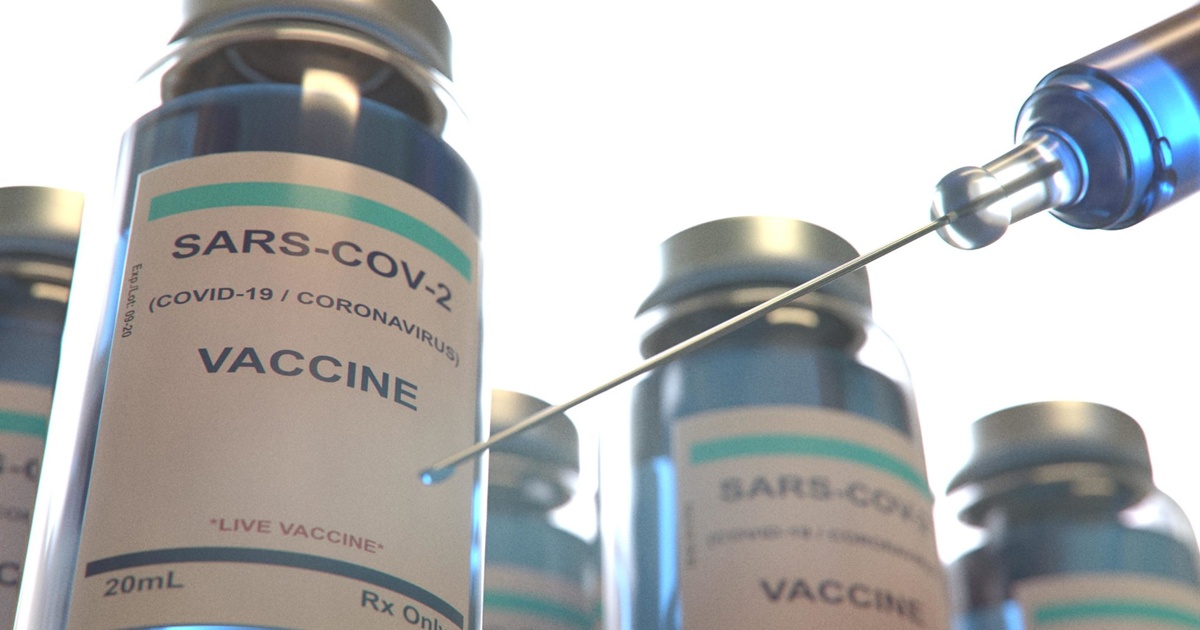
La compañía norteamericana, mencionó en un comunicado en su blog, que eliminar este tipo de contenido falso es una forma de prevenir que las personas se lastimen o le hagan daño a su cuerpo al consultar información falsa sobre las vacunas. Un tipo de contenido que Facebook tiene identificado entre las afirmaciones falsas sobre las vacunas, es que estas incluyen microchips, afirmación que no tiene sustento, por lo que las publicaciones que afirmen que las vacunas están compuestas de ingredientes que no se encuentran en la lista oficial de las vacunas serán eliminadas.
Facebook también informó que la información será actualizada constantemente dependiendo de la evolución de las actualizaciones sobre las vacunas. La compañía inició una campaña contra la desinformación sobre las vacunas desde 2019, y este año ha continuado tras el brote de COVID-19 y la pandemia.


